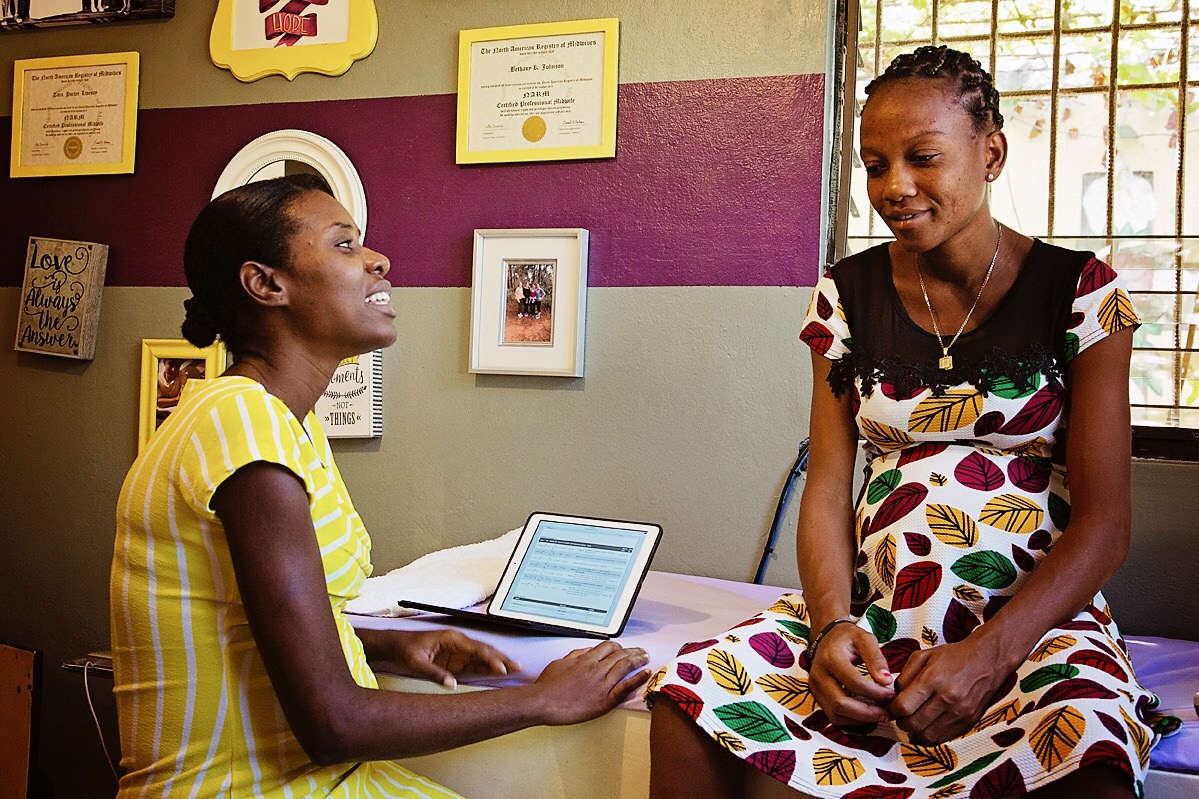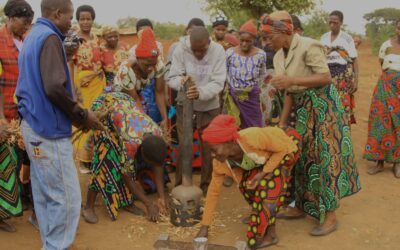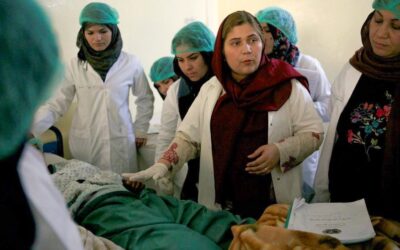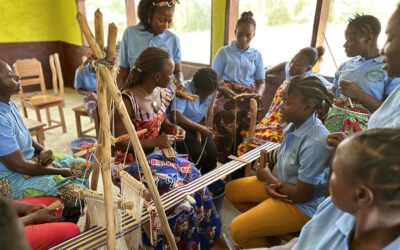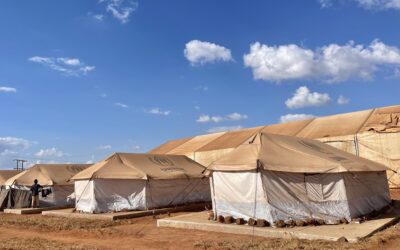How Family Planning Can Promote Maternal and Child Health
The decision to have a child is full of excitement and hope. Bringing a child into the world can be one of the most important and meaningful decisions a woman makes in her lifetime. But childbearing also comes with many risks, particularly for women who live in developing countries, as they are more likely to face challenges during pregnancy and birth.
According to the World Health Organization (WHO) 99% of maternal deaths occur in developing countries, and most of the causes are preventable.
When a woman is pregnant there are a multitude of complications that can arise, especially if the woman is very young. The leading global cause of death for girls ages 15-19 is complications from pregnancy and childbirth. Complications during pregnancy and childbirth can leave children without mothers, or mothers grieving the loss of their children.
Something that can help avoid these issues is family planning. However, women in developing countries are often unable to choose if or when they have children. This is due to a myriad of problems that women in poor communities face, including lack of access to information or services about contraceptives and fertility, as well as gender-based pressures and barriers.
This is where family planning programs can help: they can provide education about how to become pregnant at the right time, encourage safe spacing of pregnancies, and enable access to different types of birth control. Family planning in poor communities empowers women to make fully informed decisions about childbearing, as well as reduces their health risks and unintended pregnancies. It’s estimated that family planning could actually reduce maternal deaths by about a quarter.
In developing countries, 270 million women who desire to avoid pregnancy are not using safe family planning methods. Yet, many of these women want to limit their family size or increase spacing between children.
At One Day’s Wages, we’ve partnered with Heartline Ministries in Haiti, an organization tackling the issues of maternal and child mortality from several angles. Their mission is to strengthen Haitian families and prevent children from becoming orphans through initiatives that empower Haitians with maternal and infant health care, education, vocational training, economic development, and Christian outreach. Through this partnership, 60 vulnerable women plus their children received lifesaving maternal and child health care, including family planning information and services.
Family planning empowers women and their families to make informed choices. It’s more than contraception, it’s the power of knowing that you can keep your family safe and healthy. Learn about more of our maternal care projects here.
More stories of impact
When Generosity Sounds Like a Song: An Invitation to Create Together
At One Day’s Wages, we are endlessly inspired by what happens when people bring their full selves—their creativity, curiosity, and courage—into a shared mission. Our work to alleviate extreme poverty has always been built on partnership. Not just with grassroots...
Ways to Give: Simple, Meaningful Options That Fit Your Life
Generosity isn’t one-size-fits-all. At One Day’s Wages, we believe giving should feel accessible, thoughtful, and aligned with your real life—whether you’re just starting out, raising a family, building a business, or planning your legacy. Here are several ways our...
Starting With Strengths: How Asset-Based Development Can Transform Communities
When people talk about community development, the conversation often begins by listing what’s missing: clean water, farming knowledge, health clinics, and more. And while understanding needs is important, defining communities by their needs can paint them as passive,...
One Day’s Wages Named Together Women Rise 2026 Featured Grantee for Maternal Health Work in Afghanistan
One Day’s Wages (ODW) is honored to announce its selection as the 2026 Featured Grantee of Together Women Rise, a powerful global community of women and allies committed to advancing gender equality. This prestigious award includes a $50,000 grant over two years...
Women at Work: Toward Inclusion in the Global Workforce
Can you remember the last time you couldn’t make it to work? Maybe your nanny canceled, and you were left without childcare. Or maybe your car battery died, and you didn’t have a safe way to get to the office. These are the kinds of barriers that women around the...
Standing in Solidarity When the World Turns Away
We cannot fix every broken system. But we can choose to stand in solidarity with those who cross our path. This choice, this posture of care and action, is what fuels us at One Day’s Wages. And it’s why we need each other, now more than ever. Recently, our Global...
LEARN
Leadership
Transparency
Read the Latest
Contact Us
COLLABORATE
Faith Groups
Schools
Businesses
Get Involved
One Day’s Wages exists to alleviate extreme poverty by investing in, amplifying, and coming alongside locally led organizations in underserved communities.
©2026 One Day's Wages is a registered 501(c)(3) organization | Tax ID #26-2566653 | Privacy policy | Terms of use
P.O. BOX 17575 Seattle, WA 98127 | Contact us

